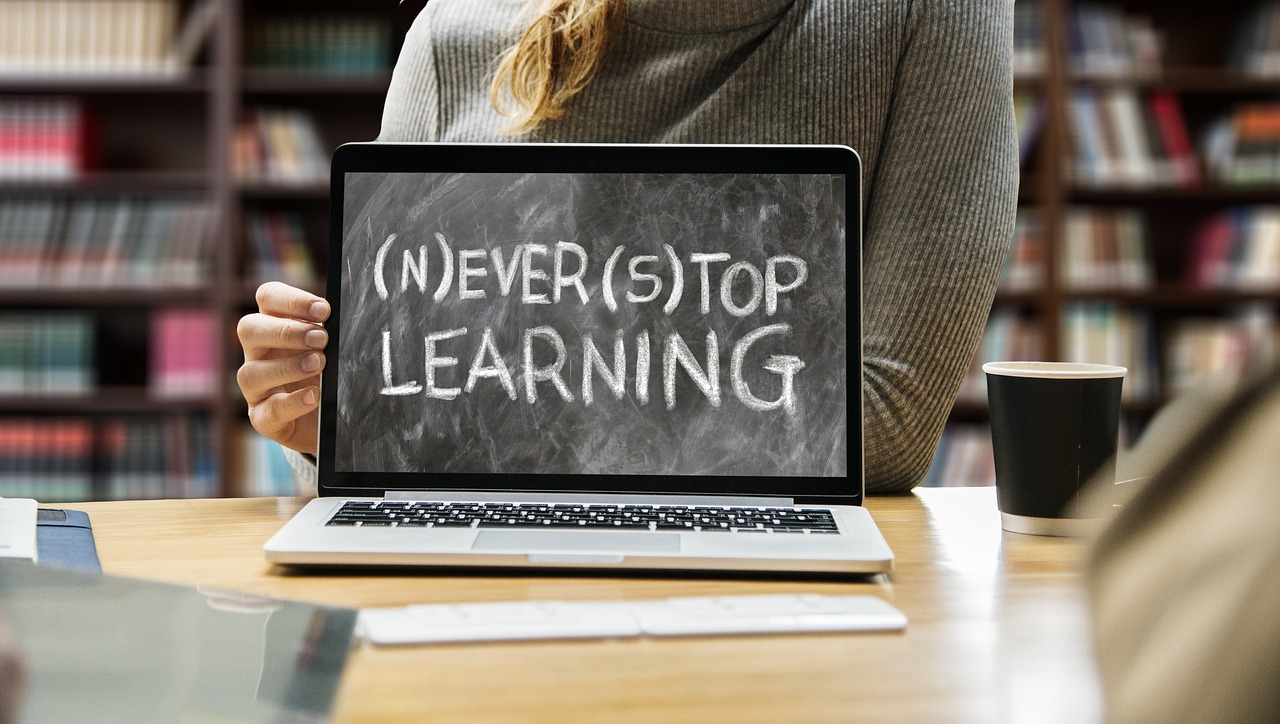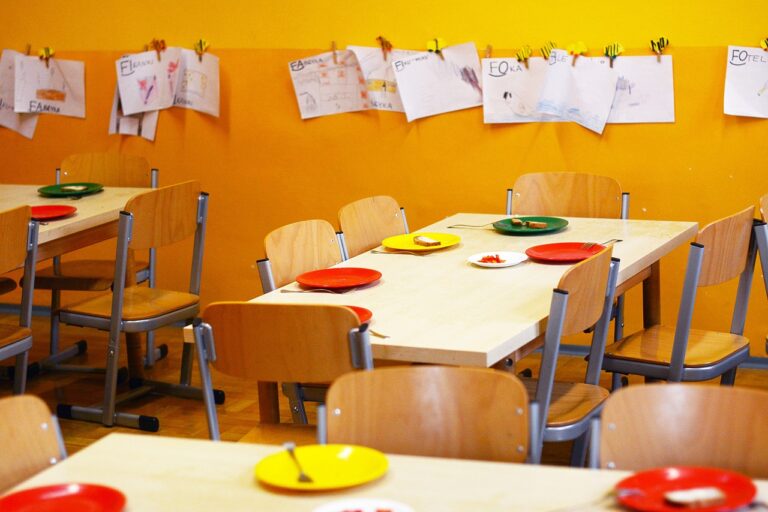The Benefits of Peer Assessment: Empowering Students as Evaluators
Critical thinking skills are vital in today’s fast-paced world where information overload is a common occurrence. By engaging in activities that challenge individuals to analyze, evaluate, and synthesize information, their ability to think critically is strengthened. These activities encourage individuals to question, interpret, and draw logical conclusions, preparing them to navigate complex situations with clarity and precision.
When individuals are presented with diverse perspectives and sources of information, their critical thinking skills are honed as they learn to consider various viewpoints and weigh evidence objectively. This process of evaluating information allows individuals to form well-founded opinions and make informed decisions based on sound reasoning rather than emotional reactions. In nurturing critical thinking skills, individuals develop a mental agility that equips them to approach issues from multiple angles and arrive at well-reasoned solutions.
Promotes Collaboration and Communication
Collaboration and communication are essential components in various aspects of life, including educational, professional, and personal settings. By engaging in collaborative activities, individuals have the opportunity to share ideas, perspectives, and skills with others, leading to a deeper understanding of the subject matter at hand. Effective communication plays a crucial role in ensuring that all team members are on the same page, fostering a sense of unity and synergy among the group.
When individuals participate in collaborative tasks, they are exposed to diverse viewpoints and approaches, which can broaden their horizons and challenge their existing beliefs. This exposure encourages individuals to think critically about different perspectives and engage in meaningful discussions to reach consensus or solve problems collectively. Moreover, strong communication skills are vital for conveying ideas, providing feedback, and ensuring that all team members are heard and valued in the collaborative process.
Fosters a Growth Mindset
Students who are encouraged to embrace challenges as opportunities for growth tend to develop a more resilient mindset. By fostering a growth mindset in the classroom, educators can empower their learners to view setbacks as temporary and approach difficulties with a sense of perseverance and determination. This outlook not only enhances academic performance but also cultivates a belief in the power of effort and dedication in achieving success.
Moreover, a growth mindset promotes a shift from a fixed perception of abilities to a belief in the potential for improvement through hard work. This shift in perspective can have a transformative impact on students’ attitudes towards learning and personal development. When individuals understand that intelligence and skills are not fixed traits but can be developed over time, they become more willing to take on challenges and engage in continuous learning, leading to greater motivation and adaptability in various areas of their lives.
Encourages students to embrace challenges as opportunities for growth
Empowers learners to view setbacks as temporary
Cultivates a belief in the power of effort and dedication in achieving success
Furthermore, a growth mindset helps students shift from fixed perceptions of abilities to believing in their potential for improvement through hard work. This change in perspective can significantly impact attitudes towards learning and personal development. When individuals realize that intelligence and skills are not fixed but can be developed with time, they become more open to challenges and continuous learning. This leads to increased motivation and adaptability across different aspects of life.
In conclusion, fostering a growth mindset in the classroom is essential for promoting resilience, perseverance, and determination among students. By encouraging them to see challenges as opportunities for growth and emphasizing the importance of effort in achieving success, educators can help cultivate a positive outlook on learning and personal development. Embracing a growth mindset not only enhances academic performance but also prepares individuals for lifelong success by instilling a belief in their ability to learn and grow continuously.
What is a growth mindset?
A growth mindset is the belief that abilities and intelligence can be developed through dedication and hard work.
How does fostering a growth mindset enhance critical thinking skills?
By encouraging individuals to embrace challenges and learn from failures, a growth mindset promotes critical thinking by inspiring individuals to think creatively and problem-solve effectively.
In what ways does promoting collaboration and communication help support a growth mindset?
Collaboration and communication foster a growth mindset by creating opportunities for individuals to learn from others, share ideas, and receive constructive feedback, ultimately encouraging personal growth and development.
How can individuals cultivate a growth mindset in themselves?
Individuals can cultivate a growth mindset by embracing challenges, persisting in the face of obstacles, seeking opportunities for growth and learning, and being open to feedback and constructive criticism.







